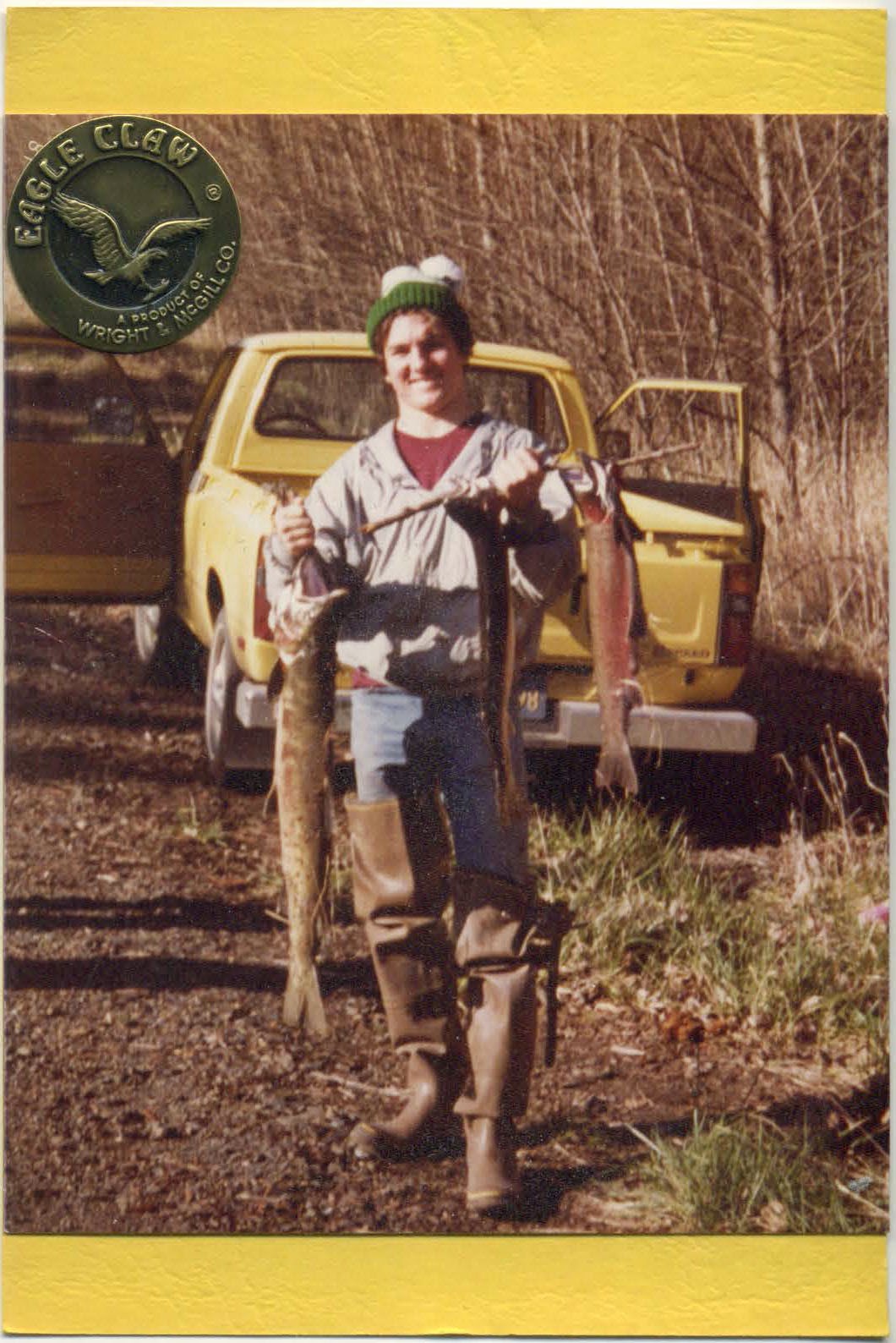Rivers of a Lost Coast Trailer
I watched
Rivers of a Lost Coast tonight. It was about the legendary salmon and steelhead runs in northern California, and rare men who sacrificed "the narcotic of civilzation" to be with them right to the bitter end, even, in the case of Bill Schaadt, giving one's entire daily life to the pursuit. It was prophetic regarding how fast these magical fish runs can be lost due to logging, drought, water diversion, dams, overfishing, public apathy, and poor planning.
I have fished from the Rogue in southern Oregon to the Tanana near Fairbanks, Alaska, and spent 10 years as a commercial fisherman, and eight years as a charter captain. I am glad anyone who has dedication and time can still find river moments like those on the Eel and Smith in the 1940s.
There is nothing on Earth that comes close to the brilliance of these fish and the natural joyful spirits of men who served as mentors and innovators. This film was a reminder of the concept one has to give back to the river, and to fight for rivers one loves. That can be as big as supporting
Save Our Wild Salmon, or as small as carrying a trash bag to the river to pick up mono, beer cans, and discarded gear. It can also mean taking time off from fishing to educate young anglers how to toss spoons, spinners, jigs, or floats, and show why it is more satisfying to hook an aggressive fish than to snag one in the back.
Some men claim there is no way to stop "progress" so these fish must be lost. Whenever I hear this, I recall the Hopi Tribe in Arizona, which as I wrote at
The Raven Chronicles, "in 1995 [said] 'No' to a casino for reported 'political, cultural and religious reasons,' and repeat[ed] 'No' to slot
machines in 2004." The point is, we have clear choices.







